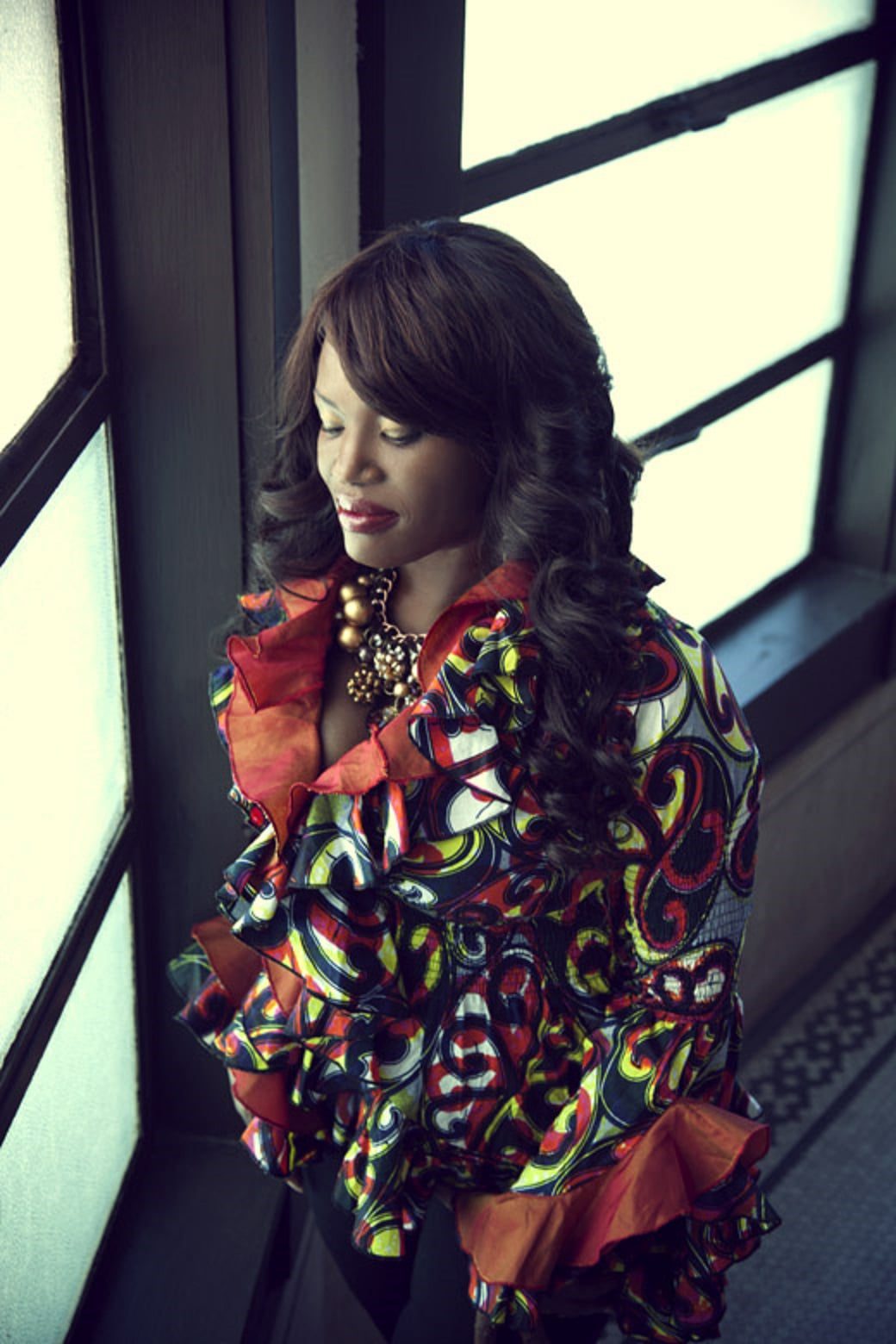Share this!
How Nigerian Singer Douyé Found Her Jazz Sound
Jazz music is one of the greatest musical genres created in America, and its influence has reached musicans and music lovers in every part of the globe. Demand Africa caught up with Nigerian-born, Los Angeles-based singer Douyé to learn how she made jazz music her own and to find out what advice she has for African musicans who want to bring their talents to America.
RELATED: Meet The African Musicians On Beyoncé’s “The Lion King: The Gift” Album
Demand Africa: Who are you biggest musical influences?
Douyé: Jazz was the first kind of music introduced to me by my father and so I grew up listening to a lot jazz music. My biggest influences are primarily jazz musicians such as Sarah Vaughan, Frank Sinatra, Ella Fitzgerald, and Billie Holiday. I am also influenced by Fela Kuti.
Demand Africa: How did your musical style evolve after moving to the Los Angeles?
Douyé:Well, I started out writing songs and then afterwards, began singing classic R&B music. In 2017, I decided to specifically go straight into jazz. From onset, I have always had jazz in me even when I was doing R&B. It’s just that in 2017, I decided to stay on it as my life time musical path.
Demand Africa: How would you describe your sound?
Douyé: Unique, timeless, captivating, sincere, vibrant, smooth, sophisticated…
Demand Africa: How do you incorporate your Nigerian heritage into your music?
I definitely do that. I am an African, a Nigerian. I try to celebrate my roots, my heritage in my sound presentation. For me, it’s very important to do that because it adds value to my identity as an artist.

Demand Africa: What other musical genres would you be interested in exploring?
Douyé: I am open to do anything that promotes jazz to it because jazz is my musical base.
Demand Africa: What is your favorite thing about performing?
Douyé: Being able to connect with the audience and allow the music take full charge.
Demand Africa: Which African musicians would you most want to work with and why?
Douyé: I love Fela, but he is long gone. I would like to work with Femi Kuti, Lionel Loueke, Abdullal Ibrahim, Mulatu Astate, Angélique Kidjo, Sade,Tony Allen. Well, I would like to work with the mentioned African musicians to continue to celebrate African heritage and the African sounds.
Demand Africa: Why do you think the world is finally catching on to music by West African artists?
Douyé: Music evolves. There’s a new vibration of the African sound of today which is attractive and vibrant and pulls the crowd to dance to the African rhythm. Plus, the new age of African musicians are infusing western sounds to their creation of African music and collaborating with well known western musicians and so that brings awareness forefront of the new African sounds worldwide.
Demand Africa: What advice do you have for other Nigerian artists looking to have careers in the US?
Douyé: Get to know yourself as an artist and know your sound and build on it. Don’t be afraid to expand into the western world musically. Know your roots and appreciate it in your sound. Be very passionate about your art and know your craft. The ocean is wide and deep, so be ready to work extremely hard to stand out of the rest. Build your own team and know how to connect with others through networking. Have a unique style, be true to your art and know that there is a cost for anything worth doing. Be positive, keep a high standard and be humble to be open to learn and be taught. Don’t compete but rather strive to focus your energy on becoming best in your craft.
About Demand Africa
Demand Africa offers 24-7 access to the largest curated collection of Pan-African TV shows, series, soaps, movies and lifestyle entertainment direct from the continent. Demand Africa goes to Nollywood and beyond to offer a deeper connection to the continent. Explore the culture, people, places and traditions of Africa and stream with IMPACT. Now streaming over 3,000 hours, with content added monthly. 60% of your monthly subscription goes to the featured creators and distributors on Demand Africa.






